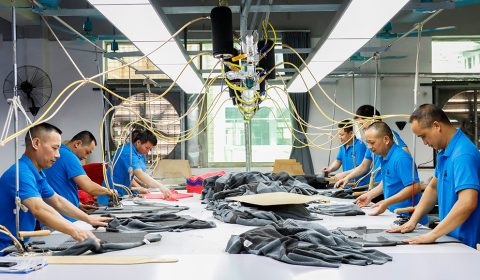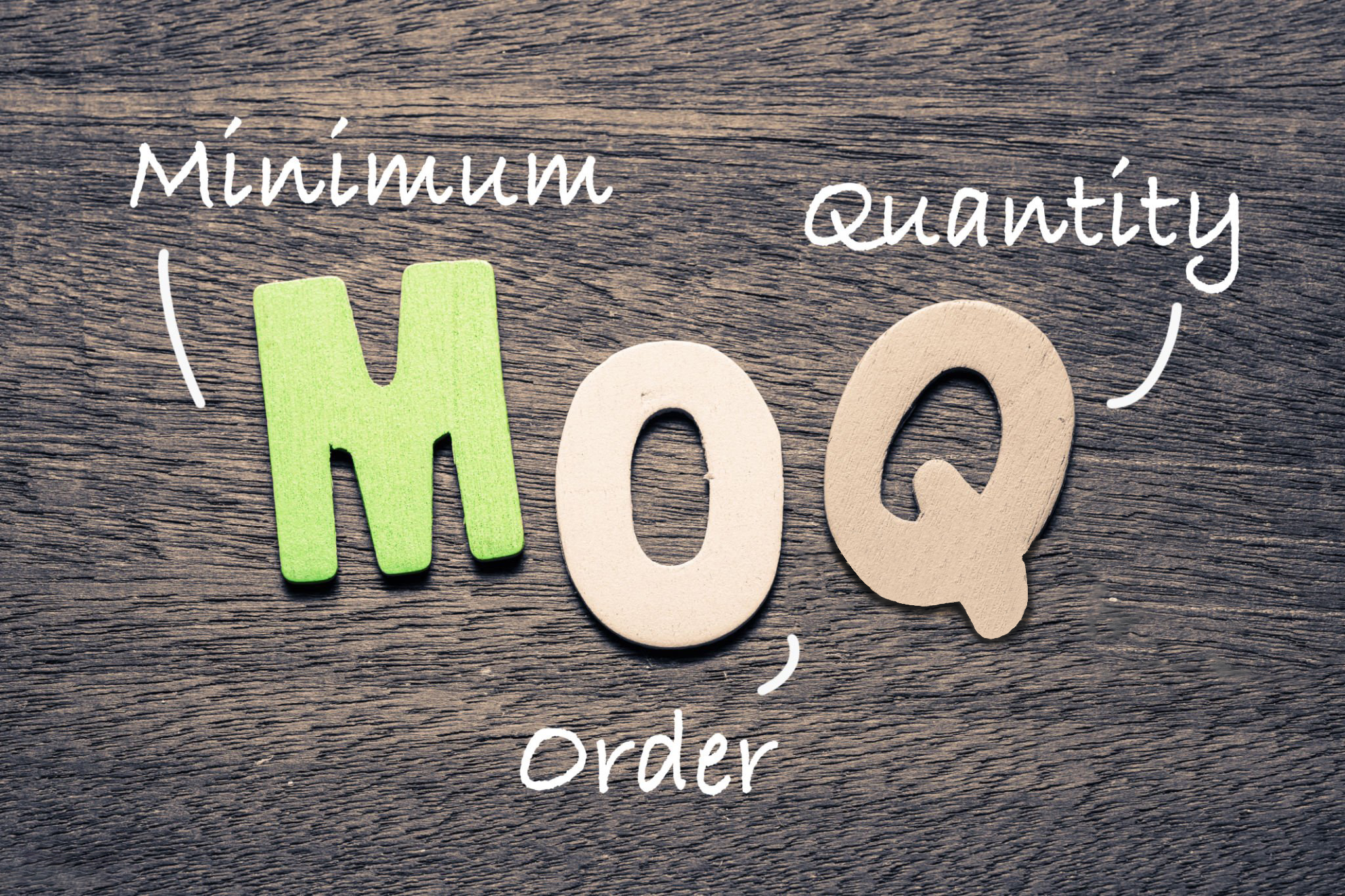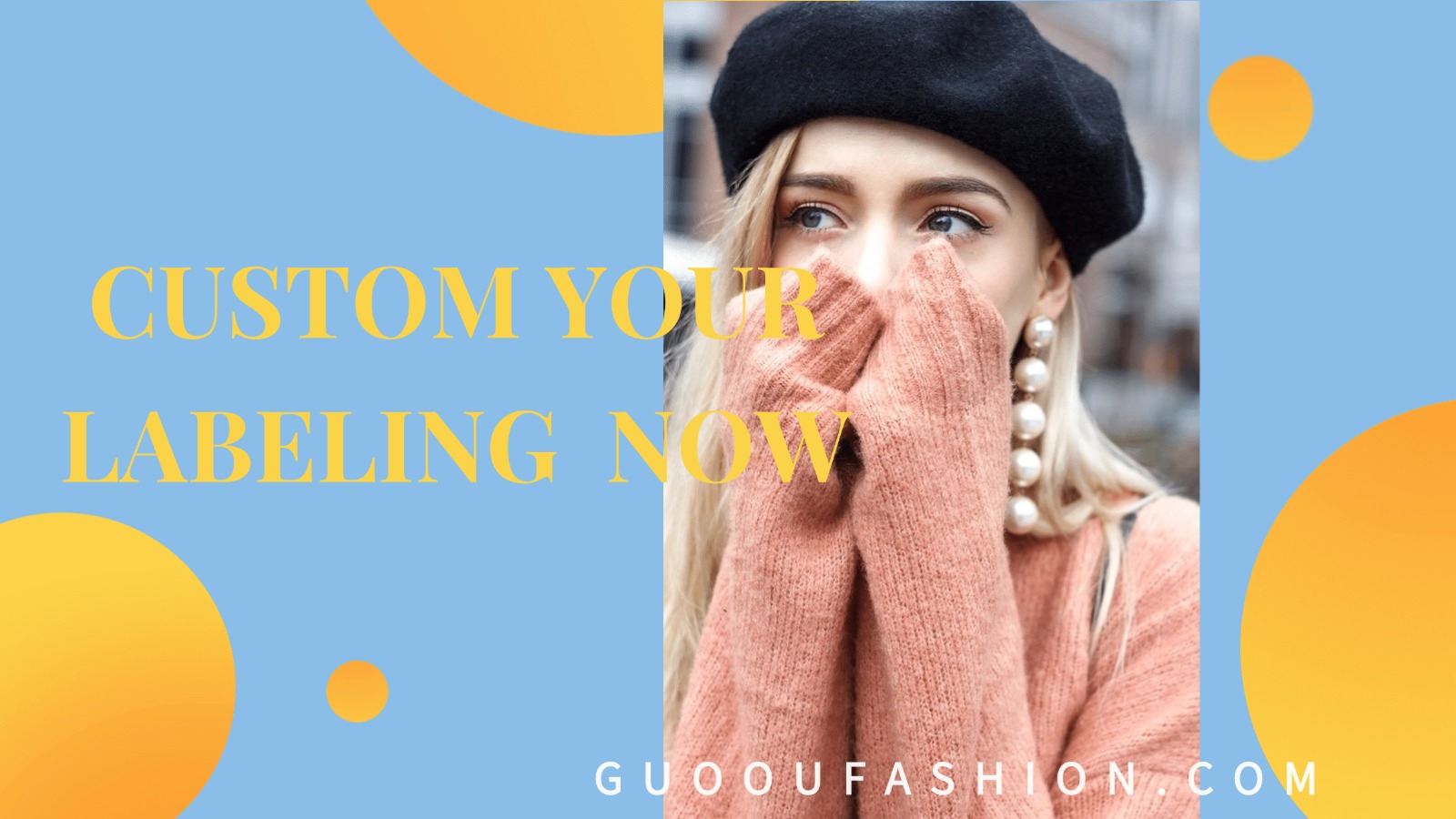Source of wasting wool yarn
The source of lossy yarn is the Tibetan and Qiang cattle (also known as lossy cattle) from the Asian plateau region. This special breed of cattle is mainly distributed in China’s Tibet, Qinghai, Sichuan, Gansu and other plateau areas, as well as Nepal, India and Pakistan. The hair of the Tibetan and qiang cattle is particularly valuable and unique because of the environment in which it grows.
Adapted to the cold alpine climate, the hair of the Tibetan and qiang cattle is longer, thinner and softer than that of ordinary cattle, and usually grows thicker during the cold season. This makes their hair an ideal raw material for making high-quality yarn.
During the spring and autumn, the hair of the cattle is regularly collected, a process that is usually carried out by hand to ensure that the hair is not damaged while respecting the animal’s well-being. The collected hair is washed, selected and spun.
The collected cattle hair is then spun into yarn. This process is usually carried out locally to ensure high quality lossy yarns.
Lossy yarns are popular for their softness, warmth and comfort. It has excellent thermal insulation properties, suitable for making winter clothing and cold weather supplies. At the same time, the natural hue of lossy yarns is usually cream white, beige, or light gray, which makes them beautiful even without the need for dyeing.
Yak wool yarn features
The tenacity and durability of woolen yarns is one of the most highly regarded traits in the fashion industry, providing outstanding quality and lasting value to fashion designers and consumers alike. This special yarn is carefully processed to produce a unique texture and texture.
Lossy yarns are known for their toughness. The fibers of this yarn are very strong and can withstand daily wear and stretch, making it ideal for making high-quality fashion items. Whether used to make durable coats, sweaters or footwear, lossy yarns ensure that garments do not wear out or deform, maintaining their original look and structure.
The durability of wool-consuming yarns is another aspect of their appeal. The durability of this yarn means that clothing can stand the test of time and stay new for a long time. Fashion items made from woolen yarns are not only visually desirable, but can also be worn in multiple seasons, making them ideal for sustainable fashion.
This yarn not only provides designers with a wealth of creative materials, but also provides consumers with high-quality fashion choices that blend classic and fashion for lasting durability.
Use of wool yarn
The use of losswool yarn in outdoor clothing and work wear has been highly regarded because it has a range of outstanding properties that make it an ideal material choice.
First, lossy yarns are known for their excellent thermal properties, which makes them especially popular in outdoor environments. Its fiber structure has excellent insulation properties, which can effectively maintain body temperature at low temperatures and prevent heat loss. This makes the wool yarn the first choice for outdoor enthusiasts, mountain climbers and field workers.
At the same time, the hygroscopic and perspirant properties of the wool yarn help maintain the wearer’s comfort, whether working in high temperatures or in changeable outdoor climates. It is also skin-friendly and does not cause allergies or discomfort, which allows the wearer to enjoy long hours at work or outdoors.
The combination of thermal, durable and comfortable properties of lossy yarn meets the requirements of outdoor and working environments. Therefore, it has been loved by professionals and outdoor lovers, providing them with reliable protection and a comfortable wearing experience.
Sustainable yak hair production
In sustainable farming, cattle should live in a suitable environment, enjoy adequate water and feed, and avoid excessive stress and disease. This helps ensure excellent hair quality and reduces stress and discomfort to the animal.
Sustainable farming practices also include carefully managed grasslands and forage to ensure that cattle are fed an adequate and organic diet. Organic farming helps reduce reliance on fertilizers and pesticides and reduces the negative impact of agriculture on the environment. In addition, well-managed pastures help maintain soil health, prevent soil erosion, and improve the soil’s carbon storage capacity.
At the same time, regular check-ups and medical care are also an integral part to ensure that the cattle are in good health. This can help reduce drug use and disease transmission, and improve the sustainability of farming.




 English
English Deutsch
Deutsch Français
Français Italiano
Italiano Español
Español Русский
Русский Polski
Polski Nederlands
Nederlands Svenska
Svenska

